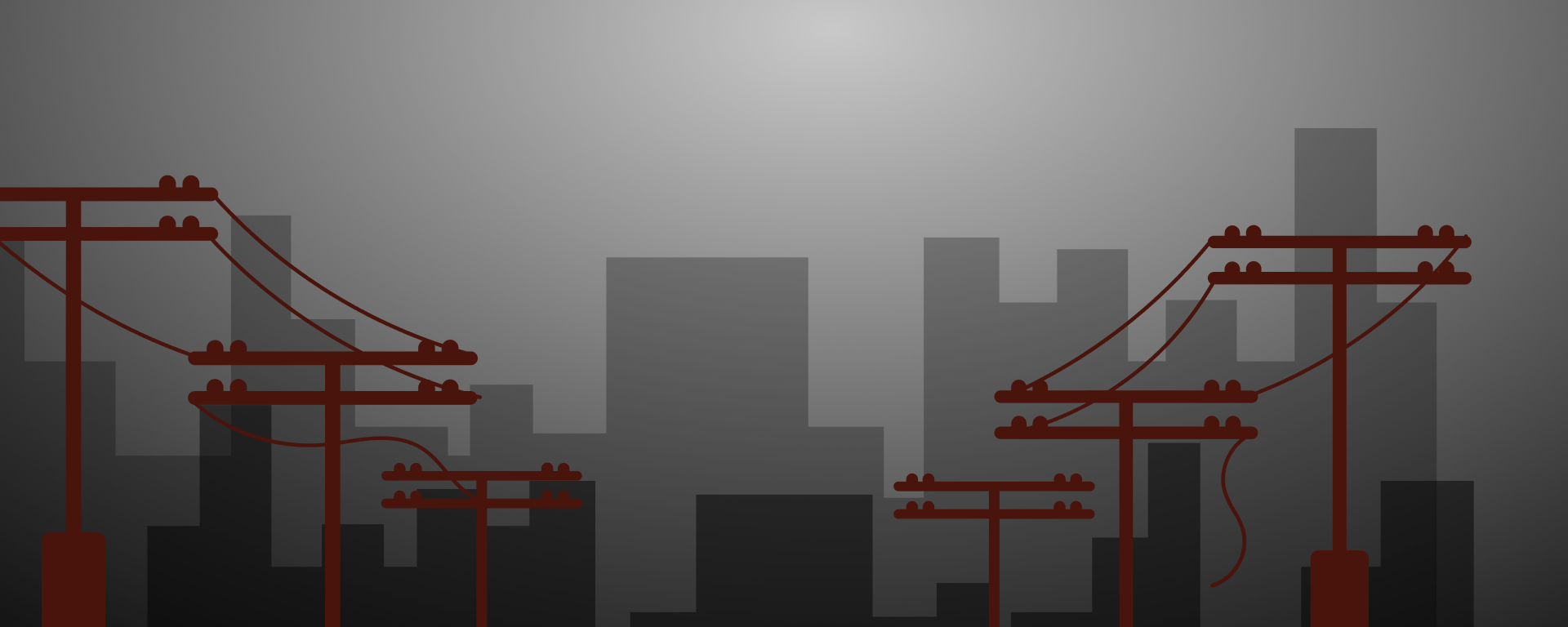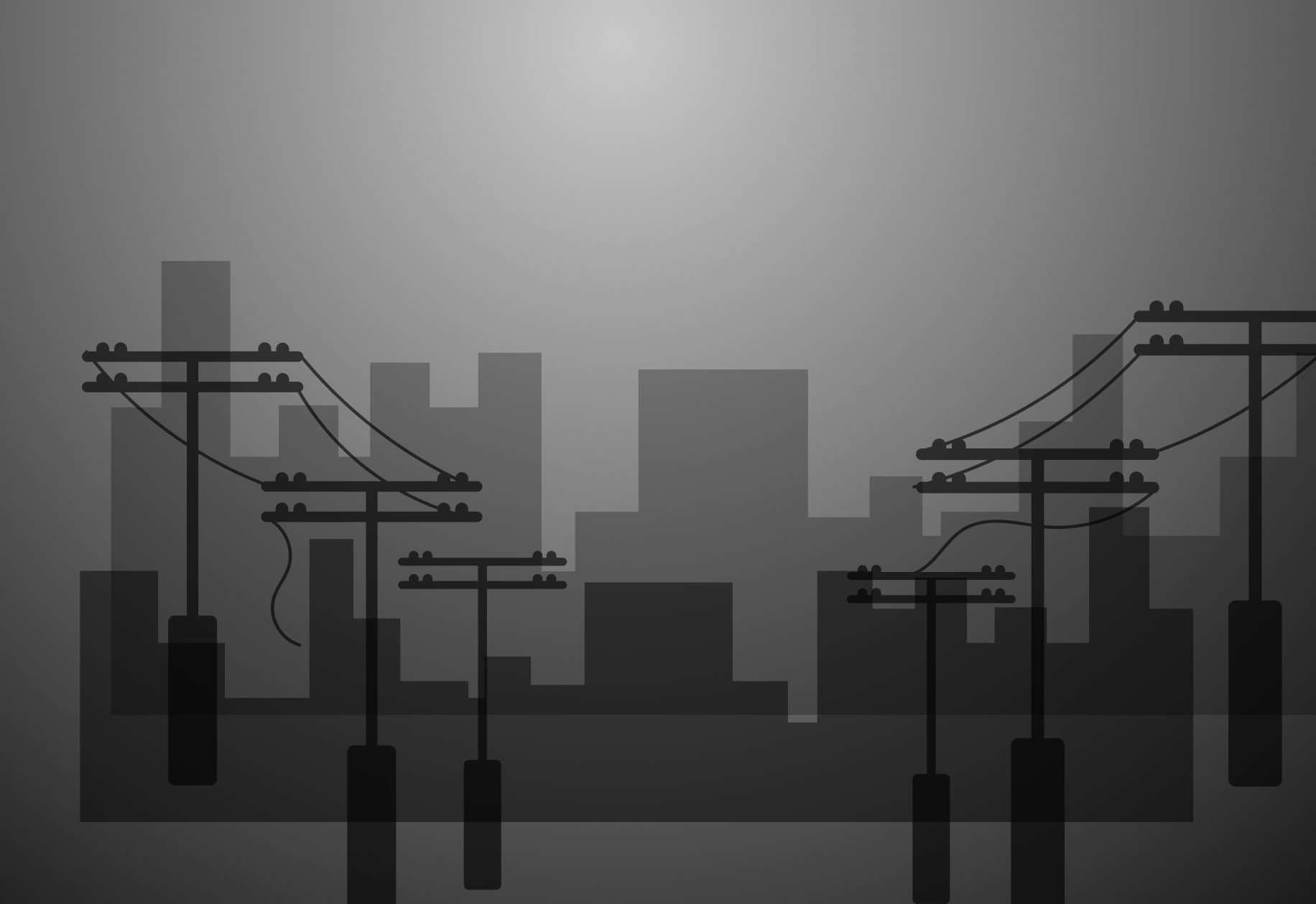An insulation tester is a diagnostic device used to measure the resistance of electrical insulation in cables, motors, transformers, switchgear, and other electrical equipment. It applies a high DC voltage to determine how effectively the insulation prevents current leakage.
Insulation resistance testing is a key procedure in preventive maintenance and quality control, especially in high-voltage systems, where insulation failure can lead to costly downtime or hazardous conditions.
Typical features of an insulation tester include:
Test voltages ranging from 250 V to 10 kV or more
Digital or analog resistance readings, often in megaohms (MΩ) or gigaohms (GΩ)
Timed testing and polarization index (PI) calculations
Portability for field use or integration into larger test systems
Using insulation testers helps identify moisture ingress, aging insulation, or manufacturing defects—ensuring long-term reliability and compliance with industry standards like IEC, IEEE, and NETA.


